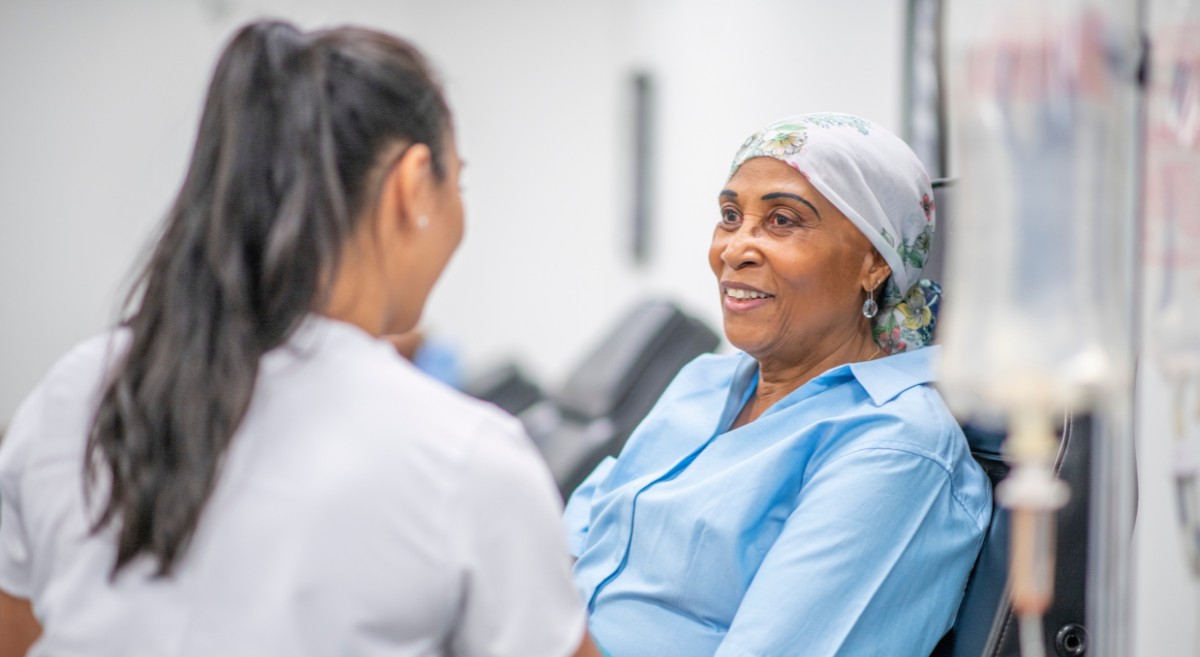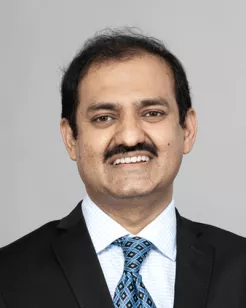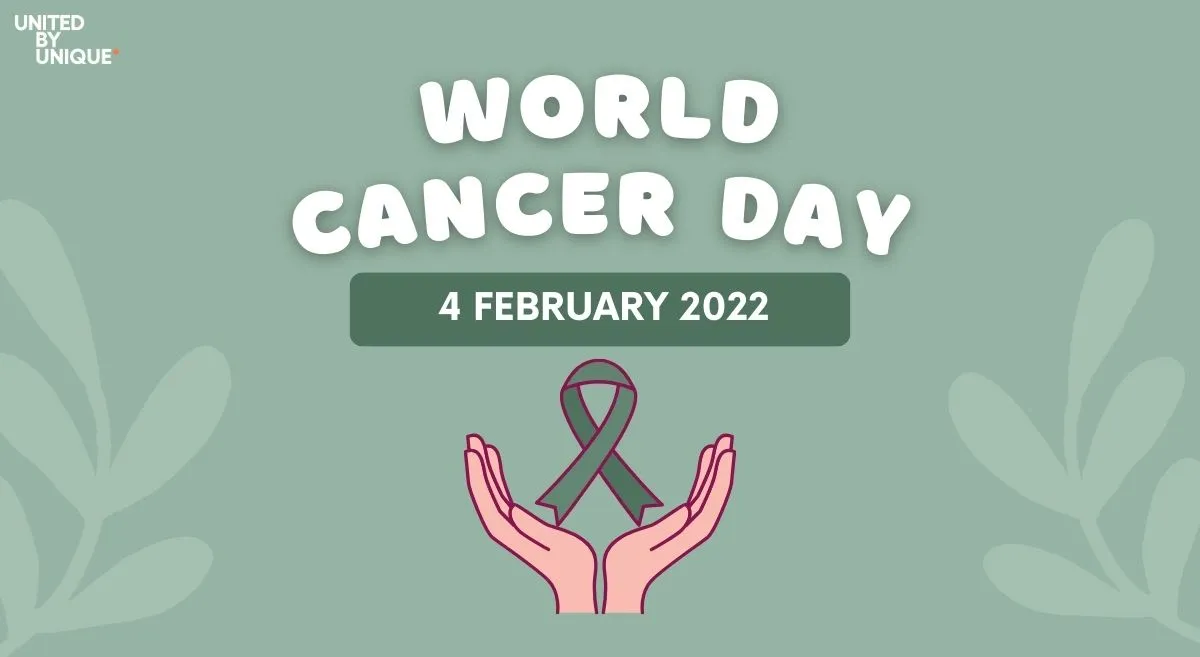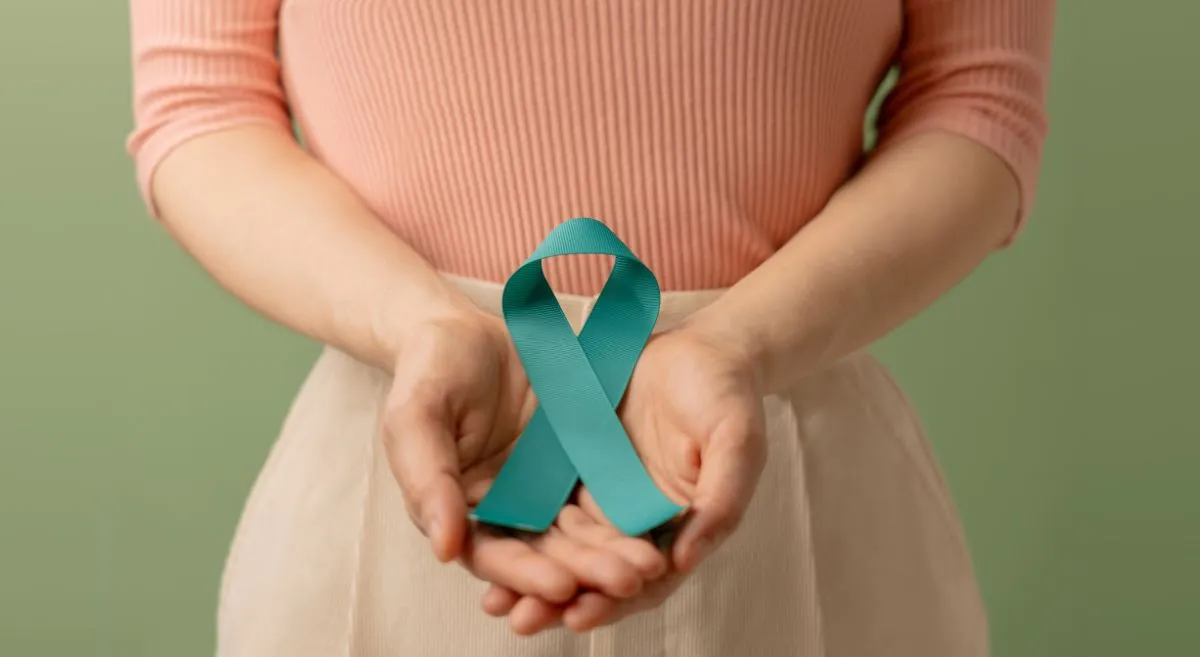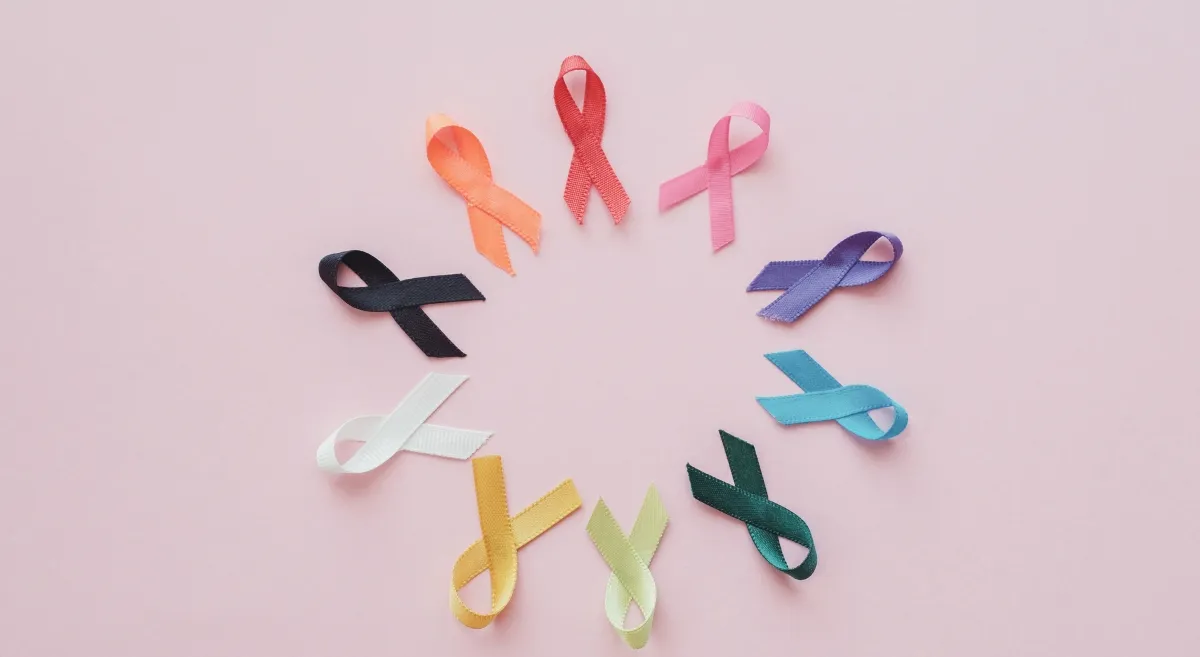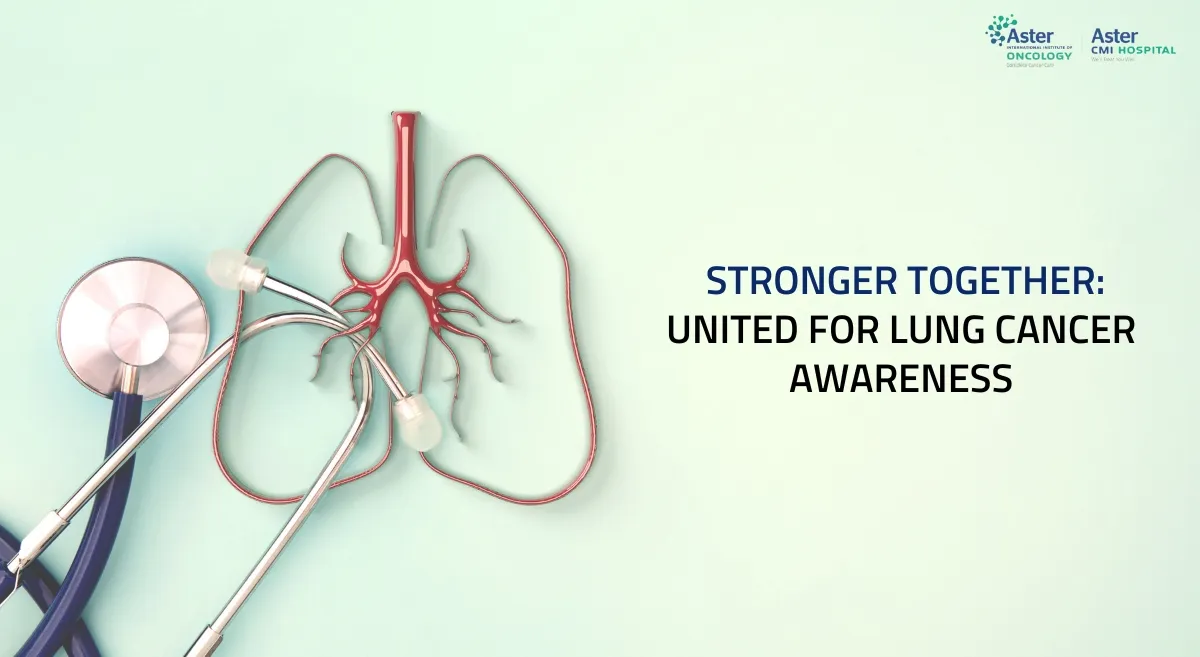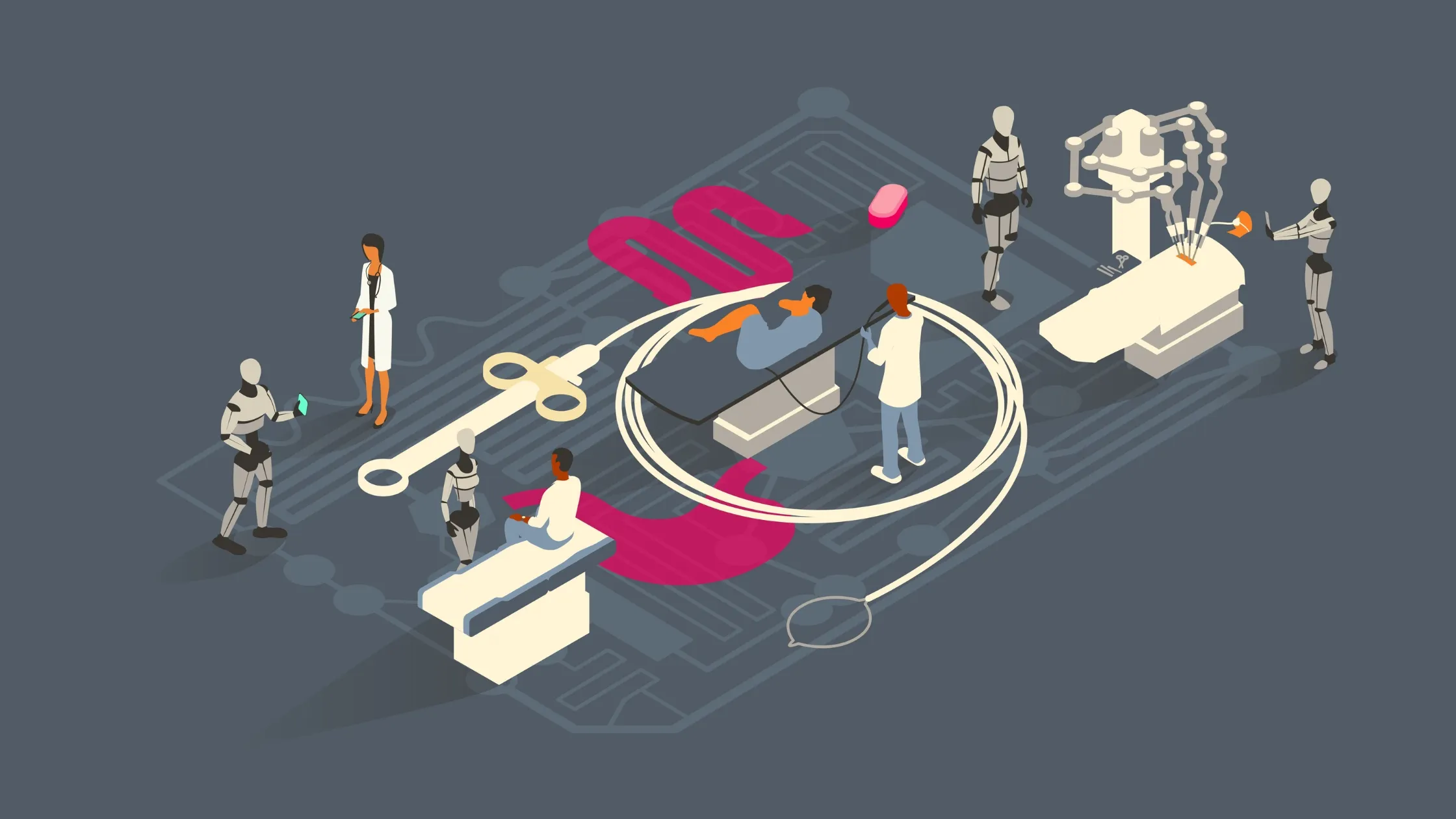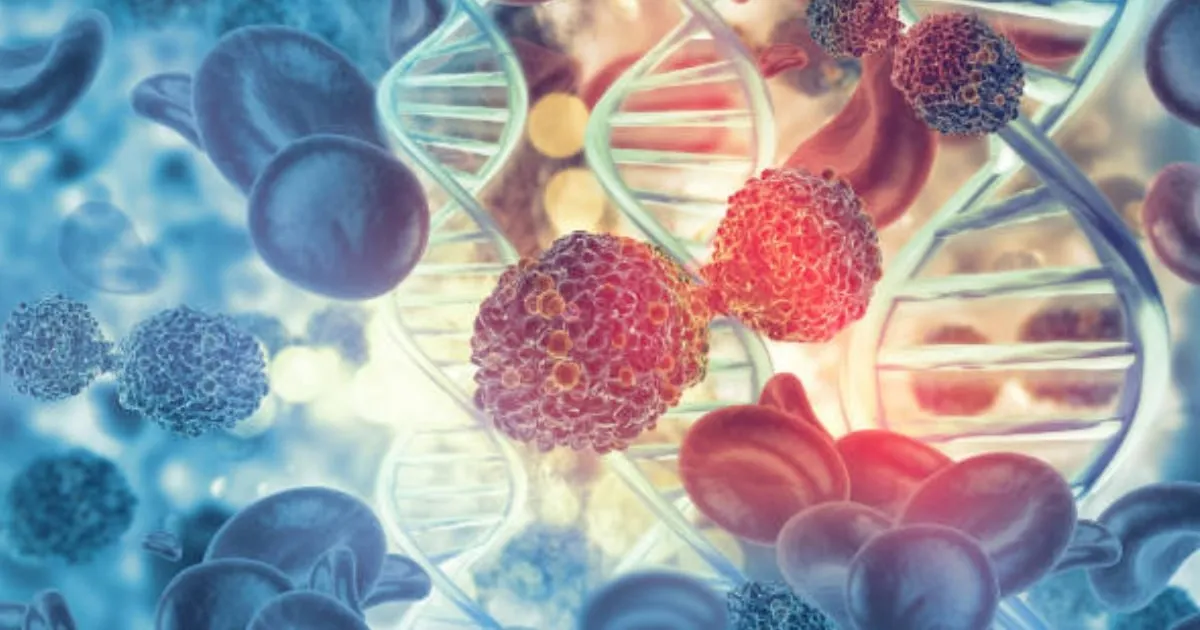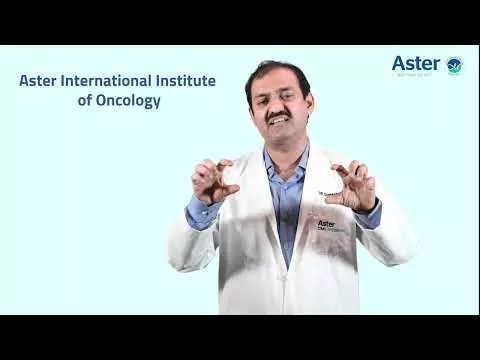Introduction:
A cancer diagnosis is a life-altering event that brings about profound changes, both physically and emotionally. Beyond the disease itself, cancer treatment often comes with a host of side effects that can significantly impact a patient's daily life. However, with the right knowledge, support, and proactive measures, individuals living with cancer can better manage these side effects and improve their overall quality of life. In this comprehensive guide, we'll explore the importance of awareness when it comes to living with cancer and share effective strategies for coping with treatment-related side effects.
Understanding the Impact of Cancer:
A cancer diagnosis can trigger a wide range of emotions, from fear and uncertainty to sadness and anger. It's essential to acknowledge and address these emotional aspects of cancer, as they can have a substantial impact on your overall well-being. Seeking support from friends, family, support groups, or mental health professionals can help individuals navigate the emotional challenges that often accompany a cancer diagnosis.
Knowledge is Power:
Education is a key component of managing cancer and its side effects. Patients should actively seek information about their specific type of cancer, treatment options, and potential side effects. Having a clear understanding of what to expect empowers patients to make informed decisions about their care and take an active role in their treatment journey.
Coping with Physical Side Effects:
The physical side effects of cancer treatment can vary widely depending on the type of cancer and the specific treatment plan. Common side effects may include fatigue, nausea, pain, hair loss, and changes in appetite. To address these issues:
- Fatigue: Prioritize rest, engage in gentle exercise when possible, and consider scheduling short naps during the day.
- Nausea: Communicate with your healthcare team about anti-nausea medications and dietary adjustments that can help manage this side effect.
- Pain: Discuss pain management options with your healthcare provider, which may include medications, physical therapy, or alternative therapies like acupuncture.
- Hair Loss: Embrace head coverings or wigs, if desired, and remember that hair often grows back after treatment.
Nutrition and Diet:
Maintaining proper nutrition during cancer treatment is crucial for healing and managing side effects. A registered dietitian can provide personalized guidance to help patients maintain a balanced diet, manage changes in appetite, and address dietary restrictions or sensitivities.
Staying Active:
Engaging in regular physical activity, when appropriate, can help combat fatigue, improve mood, and enhance overall well-being. Consult with your healthcare team to determine suitable exercise options, which may include gentle activities like walking or yoga.
Emotional Support:
Coping with cancer can be emotionally challenging, and seeking emotional support is essential. Consider joining a cancer support group, engaging in therapy, or confiding in trusted friends and family members. Emotional support can provide comfort, reduce feelings of isolation, and enhance resilience.
Holistic Approaches:
Some individuals find relief from cancer-related side effects through holistic therapies such as acupuncture, massage, meditation, or relaxation techniques. These complementary approaches can be integrated into a patient's overall care plan to improve well-being.
Communicating with Your Healthcare Team:
Open and honest communication with your healthcare team is critical. Share your concerns, questions, and any side affects you may be experiencing. Your healthcare providers can adjust your treatment plan or recommend additional interventions to manage side effects effectively.
Conclusion:
Living with cancer and managing its side effects require a multifaceted approach that encompasses physical, emotional, and holistic aspects of care. By seeking knowledge, support, and professional guidance, individuals can enhance their quality of life and maintain a positive outlook throughout their cancer journey. Remember that you are not alone, and there is a vast network of resources and individuals ready to support you on this challenging yet hopeful path.
